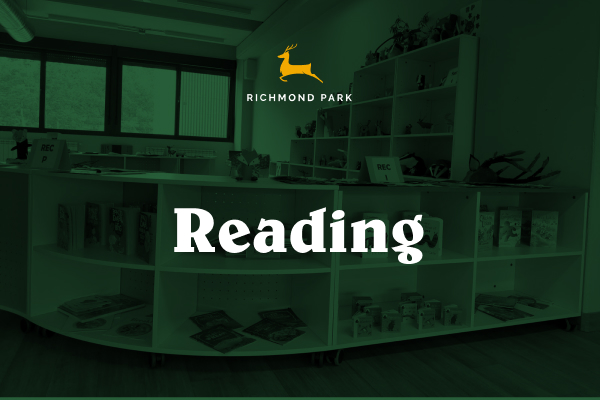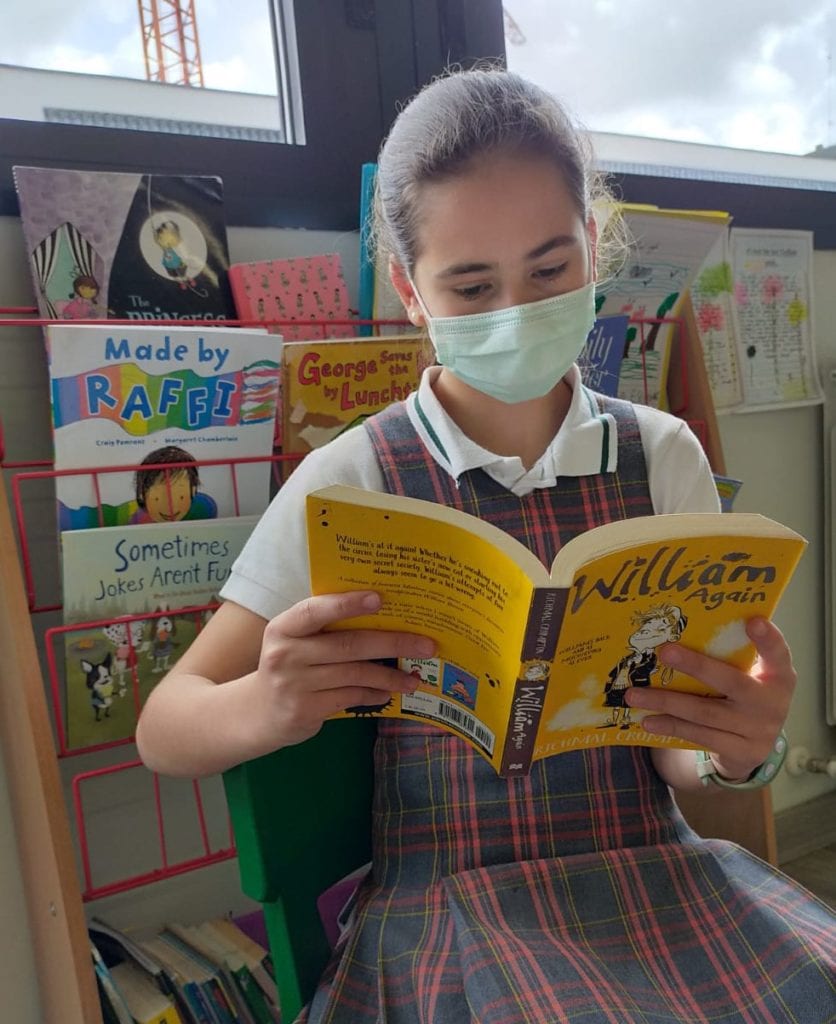
Dear parents,
Reading should play an important part in children’s lives. From infancy, stories create excitement and fun, stimulate their imaginations, satisfy their innate curiosity. They also help children make sense of what is happening in their lives or imagine what could happen to them or others. Stories show life’s narratives, they tell the tale. With a good book, we get lost in the story, suspend our disbelief. Children need this escape to bring them back to reality. Parents can contribute significantly to this process by listening to their children read, reading with them, reading themselves, and talking about books.
As well as this sheer joy, reading offers knowledge and helps create understanding. Reading widely, pupils learn far more, make connections more readily, understand more easily. They also acquire greater knowledge of the language itself. Their vocabulary increases, technical skills improve, for example grammar and spelling, and they gain greater confidence in using language.
Nowadays, reading is changing. Many of us spend most of our time scrolling down computer screens or clicking for the next page of the e-book. This transformation is, in some crucial ways, positive. Access to knowledge is far wider, more inclusive, and faster, children encounter texts from many different sources, and practise key skills such as skimming and scanning. This modern form of reading speeds things up.
To maintain the balance, children should keep reading real books and still make use of traditional approaches. A recent article in the New York Times (see link below) referred to the work of Professor Baron of American University. She emphasises the need to slow down sometimes, to ask questions and reflect, engaging in what is often called ‘dialogic reading’ and to develop ‘deep reading, mindful, focusing on the text’. She also states that students perform better in tests when they print out pages and write more elaborate essays when they refer to traditional texts.
At Richmond Park School, our blended learning programme is helping pupils learn in different ways. Similarly, as a community, we need to promote blended reading. Children need to read books and electronic texts, turn the page and press the button, use the new and the old approaches. Professor Baron also says ‘So many young people talk about the smell of books, talk about reading print as being ‘real’ reading‘. We have to make sure children do not lose that sense of smell.



 Richmond
Richmond


